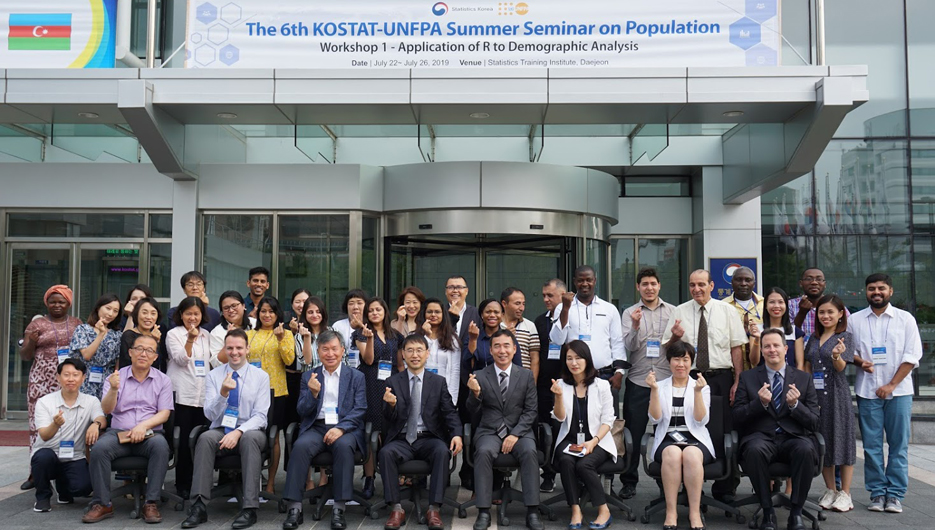






| Workshop | Contents | Lecturer | Lecture Hours |
|---|---|---|---|
| Workshop 1 (Jul 22 - Jul 26) |
<Application of R to Demographic Analysis> 1) An introduction to R, including basic R functions, accessing R packages and using RStudio effectively 2) Visualizing data in R using the ggplot2 package, ncluding basic chars, facet plots and maps 3) Creating simple dynamic visualizations such as animations and interactive plots using the gganimate and shiny packages 4) Managing demographic data in R using the tidyverse suite of packages, including reading data of different formats into R and summarizing combining and reshaping data within R 5) Using R markdown to efficiently turn your analyses into high quality documents, reports and presentations |
Guy Abel (Shanghai University) |
30 |
| Workshop 2 (Jul 29 - Aug 2) |
<Analysis of Demographic data with GIS Technology> 1) Theories on the causes and consequences of population segregation and empirical cases from around the world 2) Measuring and visualising population segregation using the seg package in R and QGIS 3) Modifiable areal unit problem (MAUP) and areal nterpolation methods 4) Spatial distribution of elderly population and its social implications 5) Comparing the distributions of employment and population |
Seong-Yun Hong (Kyunghee University) |
18 |
| Jangik Jin (ChungAng University) |
12 | ||
| Workshop 3 (Aug 5 - Aug 9) |
<Methods for Analyzing the Life Course> 1) Introducing life course analysis 2) Data requirements for life course analysis 3) Conducting descriptive analysis and comparing results across populations and time 4) Comparing results across populations and time 5) Comparing results over time (net and gross change, and measuring spells) 6) Spells 7) Survival Analysis 8) Comparative Survival Analysis 9) Sequence Analysis 10) Introduction to multivariate analysis of events |
Edith Gray (Australian National University) |
30 |
